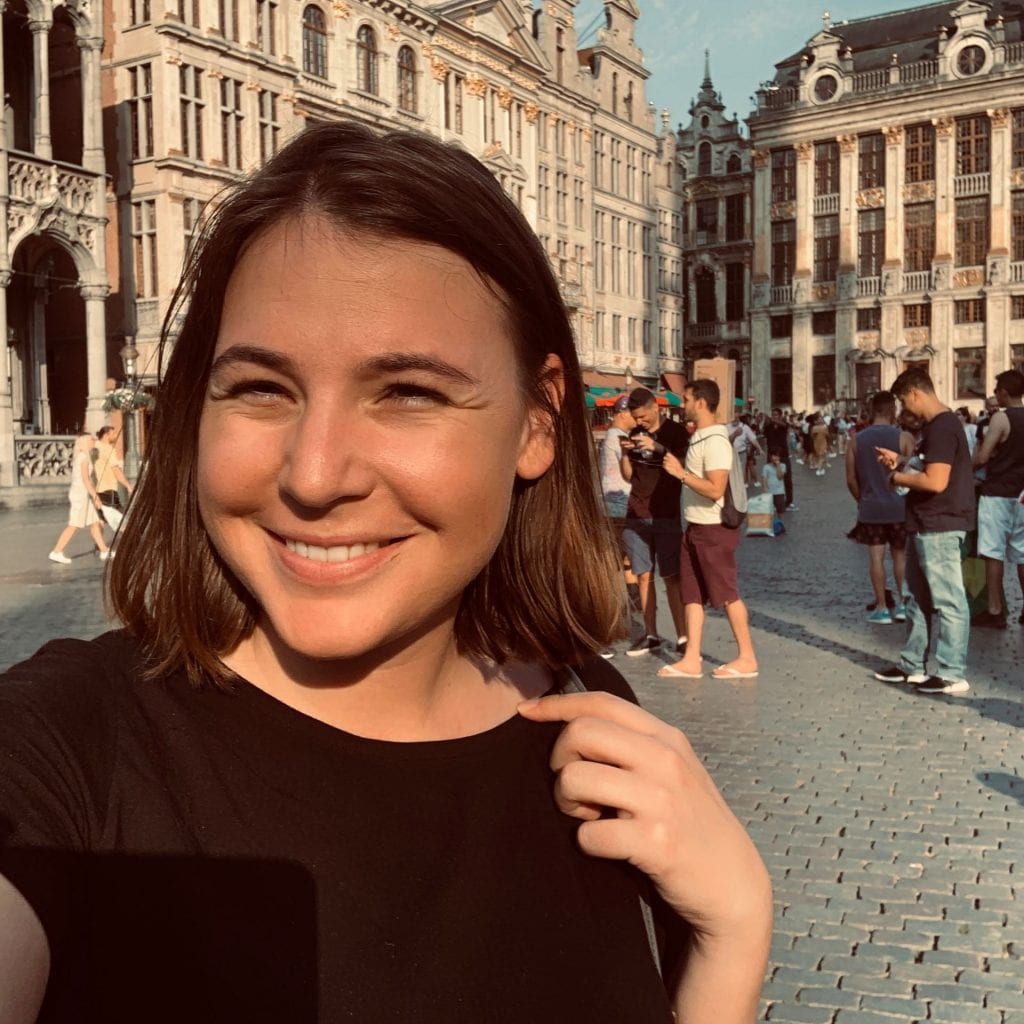As we put the finishing touches on our collaboratively built digital citizenship learning module, I am starting to look back over the last few weeks and critically reflect on what this experience has taught me. To help in this reflection I have broken down this co-creation task into three areas being communication, process and product.
Starting with the product. Overall I am very pleased with the layout, style and learning intention of the module. As a team we agreed it was imperative to have a clear target audience, with clear learning objectives. However, over the course of the construction, I do believe we slowly lost sight of our original objectives. I found myself guilty of this as I found new Web 2.0 tools and tried to get them to align with the objective. Even though the module is not as fluid as I would have hoped, I do believe the product we created uses a range of innovative, interactive and engaging tools.
The process of constructing our module was the most enjoyable aspect of collaborative project. Part of the process for me included constantly reflecting on how this learning module would cater to the needs of my current students, considering potential language barriers and the issues that may arise from cultural knowledge constructing practices. I was fortunate to be part of team that was not only receptive to my suggestions but was also forthcoming in sharing their perspective, as a result we co-created a balanced learning experience considerate of global perspectives.
Communication was the most challenging aspect of the project. At the beginning we were incredibly proactive in establishing clear synchronous and synchronous communication channels including using Microsoft Teams, Zoom meetings and recording progress using TaskinaBox. We were conscious to use tools that allowed collaboration such as Wix, yet soon discovered that the platform did not support multiple users editing the site at once. Although we established clear channels of communication, I completely underestimated the time required to share information and respond accordingly to others using the platforms. As a result, I felt as if it was more efficient for me to go ahead, make changes, add content and then go back and ask if the team agreed.
The most valuable lesson I have learnt from this project is the importance of establishing roles. From experience facilitating group work with students I do understand the value of establishing roles and responsibilities however this project reaffirmed this practice. The members in our team naturally fell into different roles, of which can be defined by the work of researcher Dr Meredith Belbin . Noni became the Shaper, the one who kept us on track. She was the most online and responsive of the team. Lena was the Monitor Evaluator, the fact checker the brains. Her natural ability to draw links between concepts, resources and curricula coupled with her enthusiasm to share and support the team, positively impacted on each of our artifacts. Angela was Teamworker, listening and responding to ideas and keeping the project moving. I fell into the roll of Resource Investigator, I created the Wix site and tested and experimented with plugins, page formatting and navigation. Overall our team worked as a team should, listening to each other and helping to support achieve our collective and individual goals.

Leave a Reply